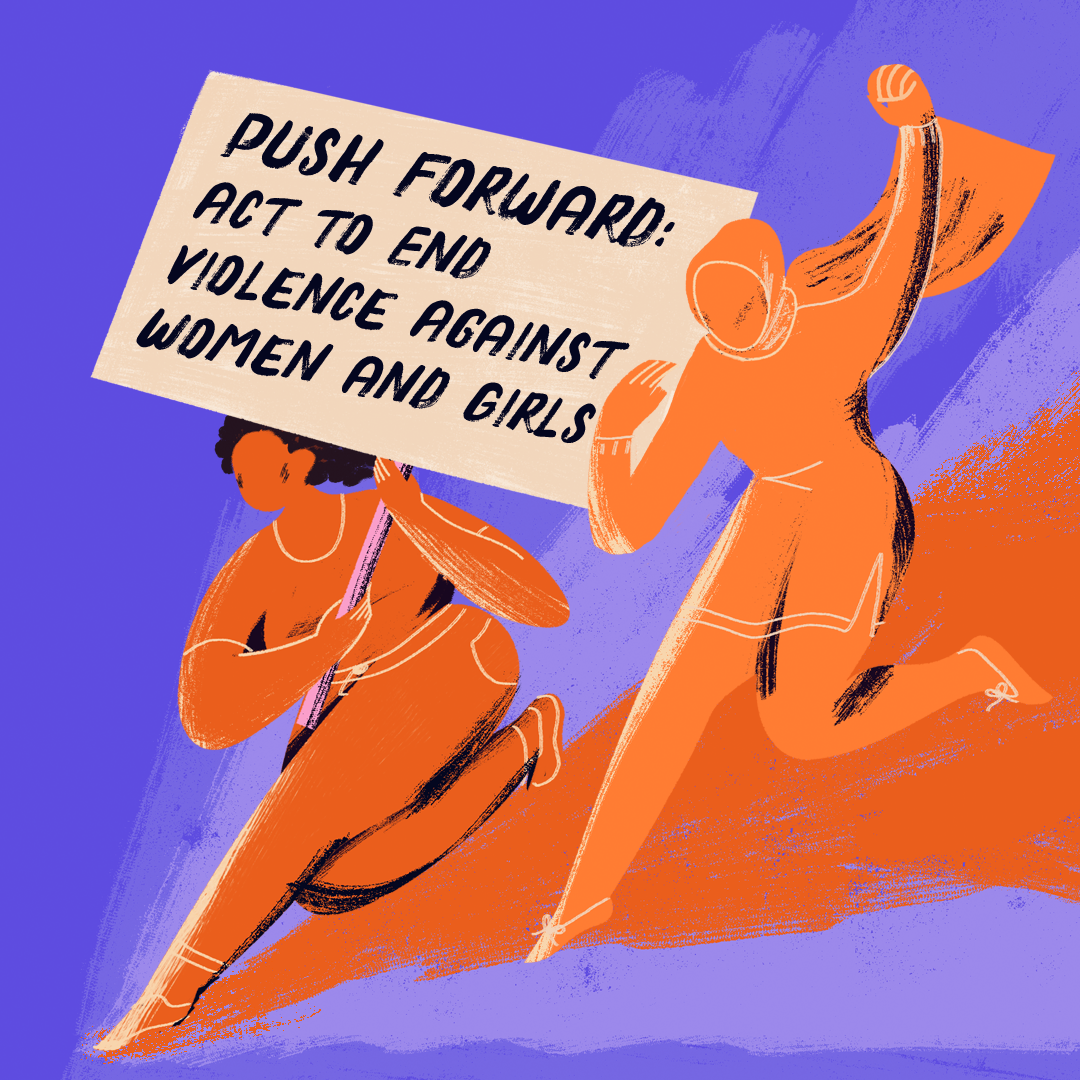From 16 Days of Activism to 365 Days of Accountability for Survivors of Gender-Based Violence
Date:

Joint Op Ed by Dr. Maxime Houinato, UN Women Regional Director for East and Southern Africa, Ms. Lydia Zigomo UNFPA Regional Director for East and Southern Africa, and Dr Kristin Dunkle for South Africa Medical Research Council.
The recent summit on Gender Based Violence (GBV) and Femicide that took place in South Africa reinforced the call for accountability on the enormity of the problem and the challenges in the response.
The summit highlighted the call of attendees and activists for accountability. The Namibian First Lady Monica Geingos said in her remarks on behalf of the Organisation of African First Ladies, “We must all be accountable to reduce the gap between what our policies say, and what our people
The year 2023 will mark 20 years since the Protocol to the African Charter on Human and People’s Rights on the Rights of Women in Africa was adopted. Since then, 42 of the 55 Member States of the AU have ratified the protocol, 30 countries have National Action Plans or Strategies that address
This commitment in law and policy is impressive and encouraging. However, in East and Southern Africa (ESA), the gap between national policies and the lived experiences of
The proportion of women reporting GBV remains unacceptably high, with 1 in 3 women experiencing sexual or physical violence in their lifetime, most often perpetrated by an intimate partner or person known to them. Members of marginalized communities, including women and girls with disabilities remain twice as likely to experience GBV, members of the LGBTQI+ community experience GBV based on their gender identity, gender expression, or sexual orientation and sex workers endure structural violence. The commitments to serve GBV survivors expressed on paper have failed to materialize in practice.
Most survivors do not seek services and rates of help seeking are lower among survivors from marginalized groups. Barriers to seeking and accessing services include stigmatizing social norms, manifested in the attitudes of family members, community authorities and service providers who shame survivors for their experiences or discourage reporting. Inaccessible infrastructure[2], unaffordable costs, and lack of time, among other barriers, place services out of reach for many, especially in rural areas.
Survivors of violence, their families, and the communities around of femicide victims all require coordinated services across health, social and justice sectors to address both immediate and long-term consequence
s of GBV.
To fulfill our promises to the diverse survivors of GBV, we need to know where we have made progress and where gaps in services remain. We must remember that GBV takes many forms, services are not all equal and the needs of survivors vary.
By having a picture of the current state of essential services for diverse survivors of GBV, we can better focus our actions and investments and more effectively monitor progress towards supporting those most affected by GBV. Working in partnership, UNFPA, UN Women and the South Africa Medical Research Council (SAMRC) are collaborating to fill this gap and identify the status of services for diverse survivors in ESA.
The situation is dire, but countries in ESA can honor the 16 Days of Activism in 2022 by closing the Campaign with the political will to act 365 days a year to provide transparent accountability to women, girls and all survivors of GBV.